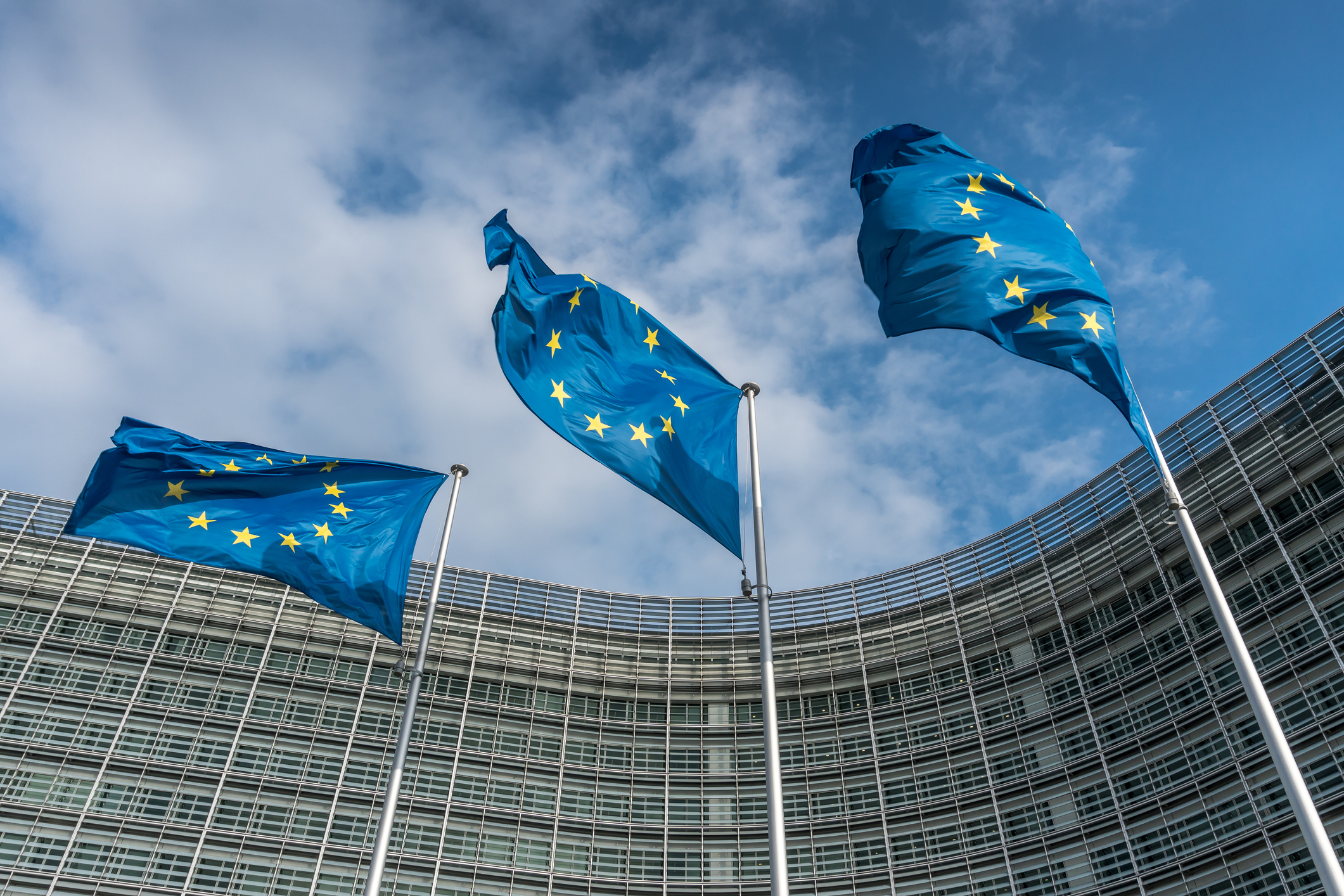Virginia passes consumer data protection law
Eastern state follows California in offering consumers opt-out for data processing


Sign up today and you will receive a free copy of our Future Focus 2025 report - the leading guidance on AI, cybersecurity and other IT challenges as per 700+ senior executives
You are now subscribed
Your newsletter sign-up was successful
Yesterday, Virginia became the second state to pass a consumer data protection law, forcing companies to give consumers the right to opt out of data collection. Governor Ralph Northam signed the Consumer Data Protection Act into law on Tuesday.
The law, which Virginia's General Assembly passed last month, allows consumers to confirm whether a company is holding their data and access it using an automated system. The system allows them to retrieve it in a portable format, making it possible to send it to another company.
Users can amend inaccuracies in the data or force the company to delete it altogether. They can also prevent companies from using the data for marketing or other purposes.
Companies must respond to consumer requests within 45 days but may extend that period by an additional 45 days based on request complexity, as long as they inform the individual and explain the delay. The company must fulfill up to two free annual requests from an individual, but they may charge for additional requests.
Organizations must disclose what they'll use an individual's data for and must limit their personal data collection to those purposes. They must also explain which third parties they'll share the data with and what they'll do with it.
RELATED RESOURCE

Consumers can opt out of personal data collection and the sale of data to third parties. However, the company can choose not to offer consumers goods or services if it needs the opted-out data to provide the service.
The law, which goes into effect on January 1, 2023, affects companies holding personal data for at least 100,000 consumers or those holding at least 25,000 individuals’ personal data and make more than half their income selling that data.
Sign up today and you will receive a free copy of our Future Focus 2025 report - the leading guidance on AI, cybersecurity and other IT challenges as per 700+ senior executives
Companies violating the law face civil penalties of up to $7,500 per affected individual, but they can escape those penalties if they fix the problem within 30 days of Virginia notifying them. All penalties collected will go to a Consumer Privacy Fund established by Virginia, which will support enforcement of the Act.
The Act doesn’t define new data breach notification rules, instead referring to existing rules in the state's legal code.
The legislation now goes to Virginia's Joint Commission on Technology and Science to evaluate how to implement it and release a study by November.
This is the second such law to pass in the US. California's approval of the California Consumer Protection Act (CCPA) went into effect last year. There’s still no cohesive federal consumer data protection law, which four in five Americans want.
Danny Bradbury has been a print journalist specialising in technology since 1989 and a freelance writer since 1994. He has written for national publications on both sides of the Atlantic and has won awards for his investigative cybersecurity journalism work and his arts and culture writing.
Danny writes about many different technology issues for audiences ranging from consumers through to software developers and CIOs. He also ghostwrites articles for many C-suite business executives in the technology sector and has worked as a presenter for multiple webinars and podcasts.
-
 ITPro Best of Show NAB 2026 awards now open for entries
ITPro Best of Show NAB 2026 awards now open for entriesThe awards are a fantastic opportunity for companies to stand out at one of the industry's most attended shows
-
 Mistral CEO Arthur Mensch thinks 50% of SaaS solutions could be supplanted by AI
Mistral CEO Arthur Mensch thinks 50% of SaaS solutions could be supplanted by AINews Mensch’s comments come amidst rising concerns about the impact of AI on traditional software
-
 Data (Use and Access) Act comes into force
Data (Use and Access) Act comes into forcenews Organizations will be required to have an effective data protection complaints procedure and fulfil new requirements for online services that children are likely to use
-
 Four years on, how's UK GDPR holding up?
Four years on, how's UK GDPR holding up?News While some SMBs are struggling, most have stepped up to the mark in terms of data governance policies
-
 Multicloud data protection and recovery
Multicloud data protection and recoverywhitepaper Data is the lifeblood of every modern business, but what happens when your data is gone?
-
 Intelligent data security and management
Intelligent data security and managementwhitepaper What will you do when ransomware hits you?
-
 Why The Matrix offers valuable lessons on data sovereignty for channel partners
Why The Matrix offers valuable lessons on data sovereignty for channel partnersIndustry Insights Two decades on, there's much that the Matrix series can teach channel partners about data sovereignty
-
 EU regulators are digging their heels in despite big tech’s Data Act pushback
EU regulators are digging their heels in despite big tech’s Data Act pushbackAnalysis EU regulators are no strangers to big tech regulatory push back, so why do companies still persist?
-
 Meta to fight “unjustified” record $1.3 billion GDPR fine
Meta to fight “unjustified” record $1.3 billion GDPR fineNews The company has been ordered to cease EU-US data transfers
-
 Nine steps to proactively manage data privacy and protection
Nine steps to proactively manage data privacy and protectionWhitepaper Build trust with your employees, customers, and third parties
